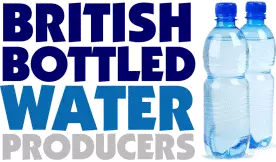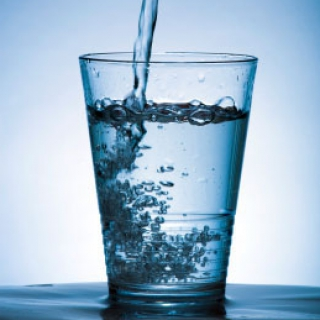
|

|
|
 
|
Water: The Human Body's Most Precious Resource |

|
| ◄ ◄ Return to News Articles | |
|
Promotional feature Water is indubitably one of the most precious resources on Earth, and it has come to be equated with life itself. Rightfully so: much of life as we know it depends on it and over 70% of the planet's surface is submerged in salty and sweet waters, rich in biodiversity. Looking at human beings, water accounts for a little over half of a healthy adult's body mass. Due to the complex biochemistry of the human organism, water needs to be replenished constantly. Despite its availability, at least in the Western world, however, it is easy to forget about proper hydration and ignore the office water coolers in favour of a milk shake or some pastry for a quick snack. In reality, there is no substitute for fresh water. The human body on water A well hydrated body is a happy and healthy body. Dr John Briffa points out just how many important functions water carries out in the human body. It is the primary transportation means for nutrients that need to go in and for toxins that need to go out. It keeps tissues, such as mucous membranes, moist and supple. It participates in the proper functioning of all major body-organ systems. Keeping a stable body water level ensures proper function and maximum performance. Some facts about dehydration The loss of body water is commonly referred to as dehydration, and even a small decrease in water volume can have a number of negative effects. Fatigue and headaches are usually the first symptoms of dehydration. As the overall liquid volume in the body decreases, hypotension kicks in. This slows down the transport of valuable nutrients and also reduces the rate of flushing out harmful substances and cellular waste. These are all negative consequences, but they only become severe after prolonged dehydration. As The Guardian points out, evolution has made the human body much more resilient to dehydration's most adverse effects, at least in the short term. Spending the whole day at work, perched in front of the computer and not even looking at the generously provided office water coolers is not recommendable and will likely result in decreased productivity and a headache, but it will not do much more harm than that. Drinking the right amount of water, day after day So how much water is enough to compensate the natural loss through breathing, sweating, and expelling waste? The average man requires about thirteen cups of fluids, and the average woman - 9 cups. This is between 75 and 100 oz. These amounts vary between seasons and according to lifestyle as well. For instance, athletes habitually lose more liquids during strenuous exercise and have higher hydration needs. Article posted on: 11 November 2013 | |
| ||||||||||||||||

|
||||||||||||||||
